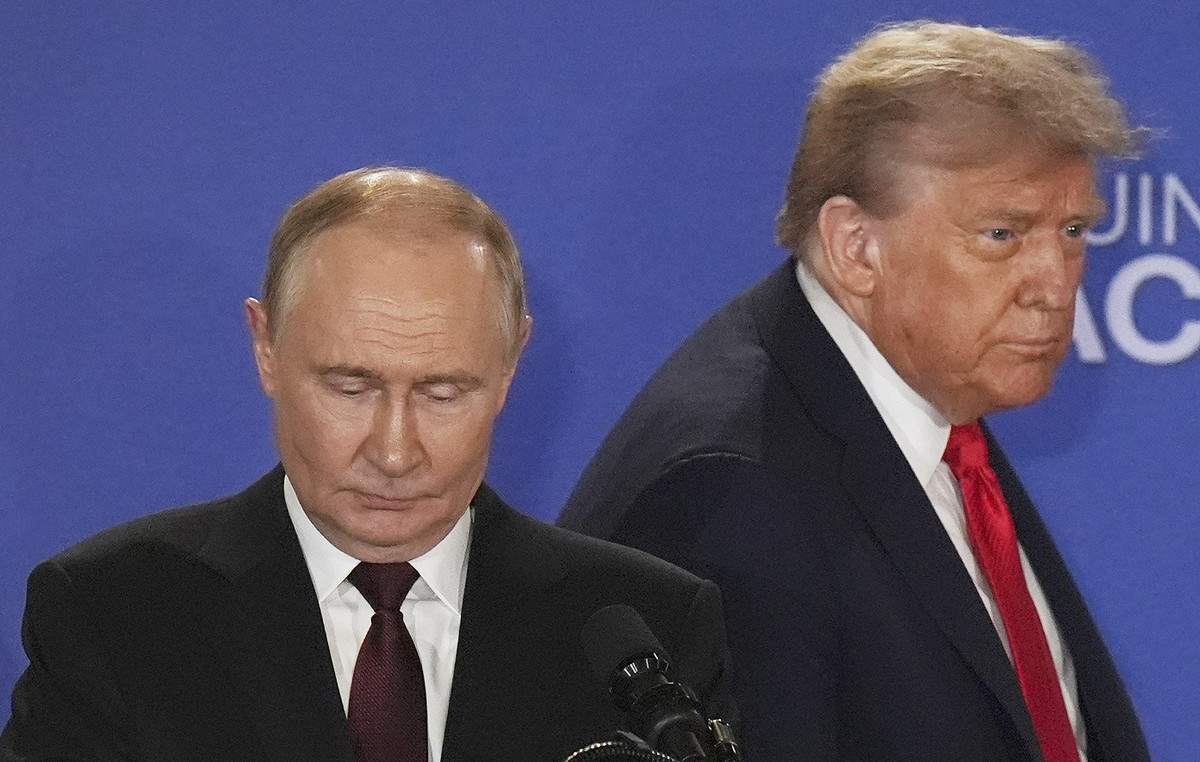The investments arising from the Investment Partnership Program (PPI) , between 2019 and 2022, in the infrastructure sectors should be in the order of R$ 1.3 trillion, according to the Ministry of Economy. Of this total, it is estimated that R$ 78 billion will be invested this year, approximately 1% of the Gross Domestic Product (GDP).
To CNN Brasil Business experts said that the PPI brought important advances in the private investment agenda for the country, highlighting an improvement in the partnership with public sector bodies to make concessions feasible.
“There was an institutional improvement from 2016, the year in which the PPI was structured. From that point on, we had stronger support from the BNDES, mainly in terms of technical evaluation. When we talk about public investment, sometimes it is done without technical evaluation, but in the private sector, no. It has to return resources, the capital invested, and that gave it more solidity”, said Geraldo Biasoto, professor of economics at Unicamp.
According to Guilherme Naves, a partner at Radar PPP, the holding of concession auctions by the Ministry of Infrastructure were decisive in attracting investors and enhancing the services of important assets for Brazil.
“I believe it is fair to hold auctions in which bidders appear, especially in the current scenario, in which the search for investments in infrastructure in emerging markets is not so conventional, because it is riskier”, he pointed out.
The specialist indicated the 7th round of airport concessions, held this August, to illustrate a “competitive environment” in the bidding processes. During the auction, the Spanish company Aena Desarrollo won the block that included Congonhas Airport for R$2.45 billion – a premium of 231%.
“These projects include investment obligations that are very important. We have to look less at the number of interested competitors and more at creating competitive attention,” he said.
“For example, Aena awarded a premium of over 200% because it thought it would have other competitors, so it generated more value than if there were four or five low-level competitors offering a 40% premium,” he added.
Public finance specialist Murilo Viana said that concessions made to the private sector boost the country’s economy, but that growth could be better if there was a greater focus on more investments. greenfieldwhich are those involving incipient projects.
“The PPI helped to unlock some projects, with advances in highways, airports, in the discussion about ports. This is relevant for the economy, but still insufficient in terms of investments”, highlighted Viana.
According to Viana, there must be more public investments so that general investments correspond to more than 20% of GDP, something that has not been recorded since 2014, as shown in the chart below.
Legacy
For specialists, the PPI leaves a legacy that provides a more adequate regulatory environment for attracting private investments.
“The great merit of the program is having structured and arranged the concession projects so that they flow well. Hthere is also an essential recognition of the authority of the TCU, which was imposed for the preparation of contracts for these projects”, declared Guilherme Naves.
For Gesner Oliveira, economist and partner at GO Associados, the implementation of the 2016 Investment Partnership Program “transcends governments” and sheds light on the need to expand mechanisms that attract the attention of investors.
“The PPI was built gradually by people experienced in public administration, who saw the essentiality of providing a favorable regulatory environment,” he said. “But we still have some problems attracting investors because of legal certainty and other factors that need to be improved,” he added.
Among the accomplishments, the specialists highlighted the idealization of the Legal Framework for Sanitation as one of the main advances in the agenda to obtain new investments.
“The Sanitation Framework is a very important aspect, because there is a lot of investment to be made in this area. This milestone is something parallel to the institutional structure, which is very healthy and very important, it is a very rich process”, highlighted Geraldo Biasoto.
Sanctioned in July 2020, the project has already generated around BRL 72.2 billion in investments for the sector, according to information from the Ministry of Regional Development (MDR).
“O Marco do Saneamento resulted in a very important advance, because it brings investments that need to be made, which improve the infrastructure of the country as a whole”, said Murilo Viana.
According to a study by the Brazilian Association of Infrastructure and Basic Industries (Abdib), the transport and sanitation sectors should receive approximately R$ 160.6 billion in investments by 2026, considering concession initiatives and federal public-private partnerships (PPPs), state and municipal.
Source: CNN Brasil
I am Sophia william, author of World Stock Market. I have a degree in journalism from the University of Missouri and I have worked as a reporter for several news websites. I have a passion for writing and informing people about the latest news and events happening in the world. I strive to be accurate and unbiased in my reporting, and I hope to provide readers with valuable information that they can use to make informed decisions.







